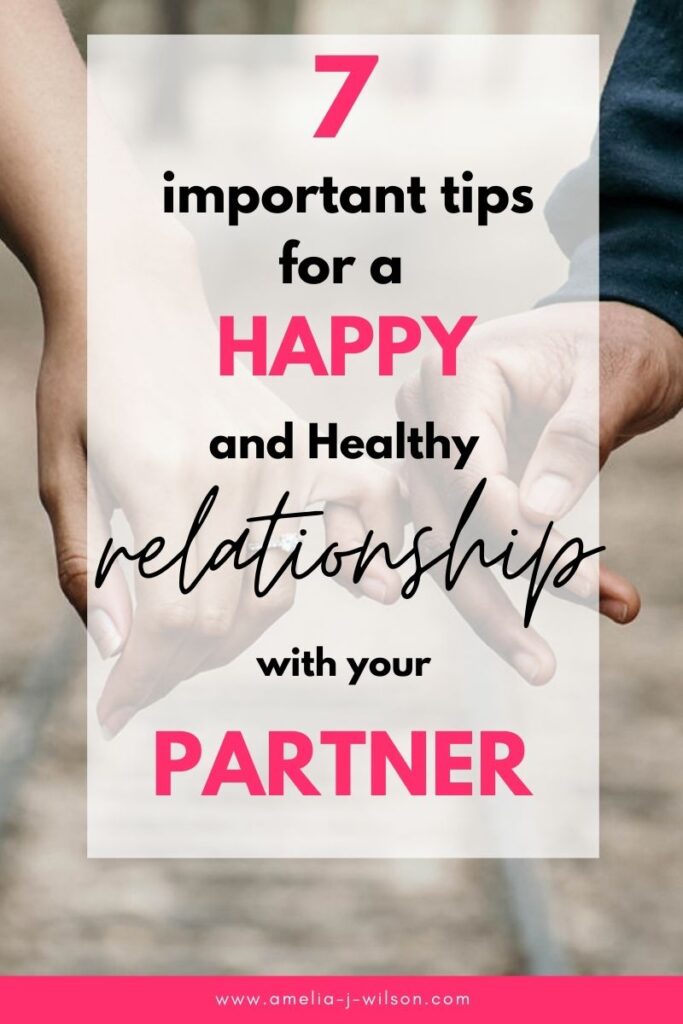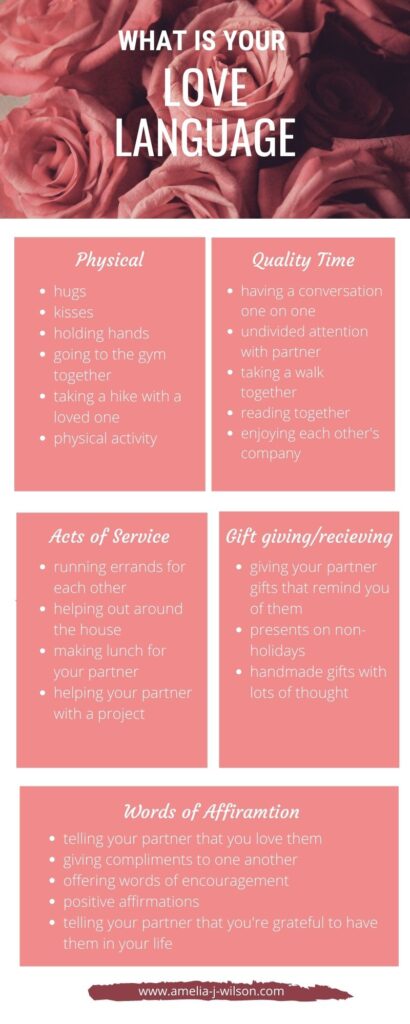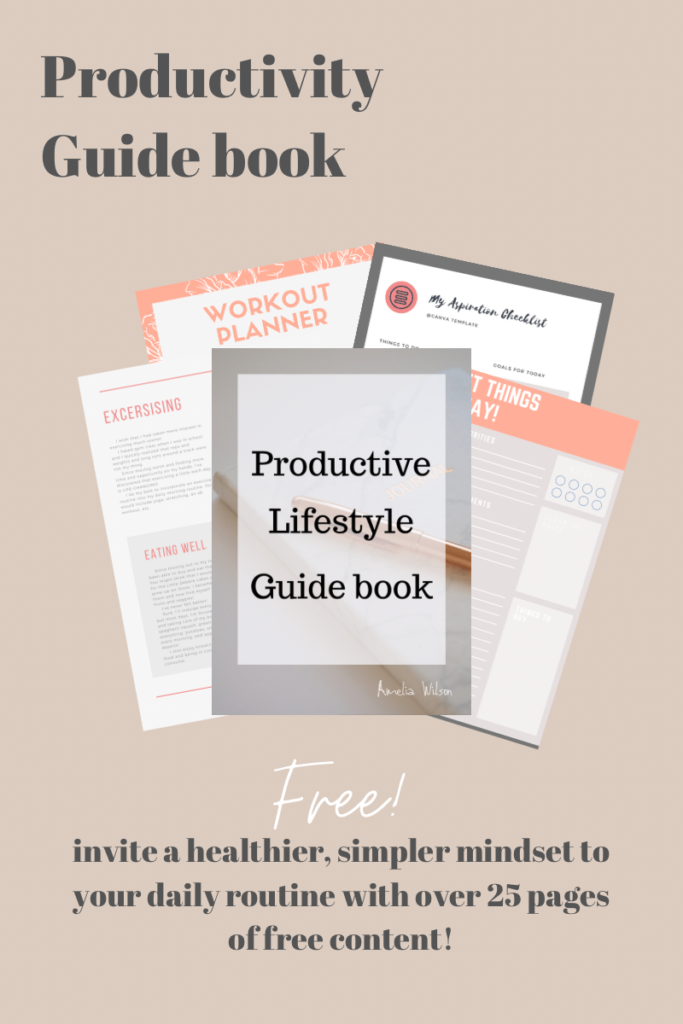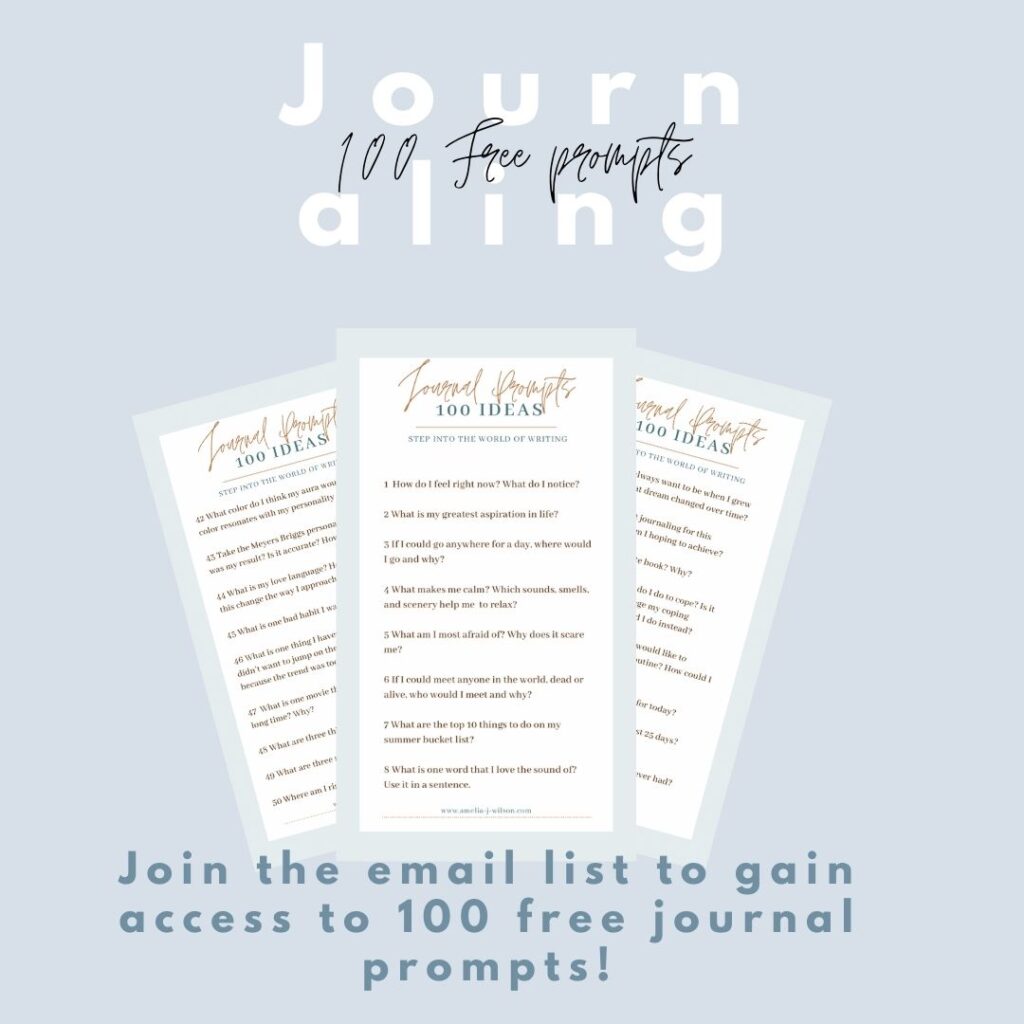While I can’t say that I am an expert in love, nor have I been in a decades-long relationship, I have found a few tips that make for a healthy relationship with your partner.
Whether the two of you have just met or are about to go out for your tenth anniversary, every couple should be aware of the following tips to maintain a stable, honest, and open relationship with one another.
Disclaimer: All of the views and opinions in this post are solely my own and are not sponsored. This post may include affiliate links, meaning I earn a commission through links at no cost to you.

1. Put an emphasis on open communication early on
You’ve likely heard it before, but open communication is the most vital part of any relationship. The way you and your partner interact, connect, and respond to one another will reflect your entire relationship. Couples who encourage open communication and put emphasis on conversation often last longer and hold healthier relationships than those who don’t.
One way to practice open communication is by having nightly chats about your day with one another. Sit down for twenty minutes and just talk. Once a week, hold a more engaging conversation over dinner or during a game night. Getting to know your partner, holding meaningful conversations, and practicing open communication about your lives will strengthen your relationship.
Look here to find 50 prompts to ask your partner to better know them as a person.
2. Learn each other’s love languages
There are five different love languages that people experience, and you’re bound to find one that really speaks to you.
The five love languages are:
- Physical touch
- Gift giving
- Words of affirmation
- Quality time
- Acts of service
The ways we give and receive love can differ from person to person. However, more often than not, people tend to give love in a way that they wish to receive it.
For example:
Let’s say Tania and David are in a relationship. Tania receives love through acts of service. Therefore, she will perform small acts for David (like doing the dishes, or filling up his gas tank, or making him lunch) to show that she loves him. For her, those actions are what she would desire and what would make her feel appreciated in the relationship. David, however, receives love with physical touch. While he would find her gestures kind, he might want cuddles, hand-holding, and physical affections to help him feel loved and desired.
This is only one scenario, but it can reflect many relationships. Being aware of your partner’s love language can encourage you to explore new avenues to show them affection. Additionally, knowing your own love language teaches your partner how to give you the actions you desire and highlights how you might give yourself some self-love.
Here is a quick quiz to help you figure out your love language if you’re unsure.
If you need ideas on how to appeal to your partners love language, refer to the graphics below:

3. Make it a point to go on a nice evening out at least once every two weeks
Something that went unnoticed in my relationship for a long time was the lack of actual dates. Early on, before Matt and I lived together, we would go on dates or nights out about once a week. After moving into the same apartment, we began to neglect to go on small adventures with one another.
It wasn’t until I noticed the relationship going south that I began to look for answers. I came across a post on Reddit (I think) about newlyweds’ rules after marriage/moving in together. The rules were:
- Every 2 weeks, go on a night out
- Every 2 months, take a weekend off together
- Every 2 years, take a vacation together
The post inspired me to implement routine outings with my partner to maximize the quality of time within our relationship. And honestly, it was a lifesaver just including “date nights” into our routines.
Simple Healthy Habits that will Help you Achieve Success
5 Unique Tips for Reaching Your Goals in 2021
4. Be honest and upfront in every situation
One of the most challenging parts about being in a relationship with someone else is learning how to communicate in a way that works. While I mentioned open communication at the top of our list, I wanted to dedicate a special mention to honesty.
Something that I act on quite regularly is maintaining honesty on my end of the relationship. I tell my partner everything. Every success, failure, slip-up, and fear is expressed to him at some point or another.
What I’ve noticed from doing this is that my partner puts more trust in me because he knows that no matter how hard the truth may be, I will be upfront and honest about it. Now, our dilemmas usually revolve around bills, house cleaning, and caring for our pets, but I think this is a great strategy to implement into any household.
I’ve seen so many relationships, among others, fail due to the lack of trust as one or more partners becomes dishonest in their actions, thoughts, or even over their own emotions.
This is a message for you: if you’re wondering how to maintain a stable and healthy relationship, choose honesty. And pick it EVERY time.

5. Respect each other’s boundaries
Boundaries are a big part of many relationships. Every person you meet has a different set of limitations on a social, emotional, and physical scale. You can see this in the difference between introverts/extroverts, feelers vs. thinkers, and through your own individual love language.
Aside from the love language quiz, I’ve found that knowing your Meyer’s Briggs personality type can also help you better understand your personal boundaries compared to, say, your partners’.
Here is a quiz to discover your Meyer’s Briggs archetype.
Matt tends to be more introverted than me and often requires more time alone. On the other hand, Matt is more physical with his affection than I am. We each hold different boundaries regarding different situations. Our job as a couple is to learn, understand, and respect each other’s boundaries when we can.
Boundaries go beyond the bedroom. We’ve all heard of consent for sex, but I think there is a level of consent on a social and emotional scale. While it’s no good to isolate yourself from others nor bottle up your emotions completely, there is a level of consent that must be given between each person before more sensitive topics can be discussed.
Knowing your own threshold and your partner’s threshold will help you navigate the relationship more smoothly.
6. Understand that troubles will arise, and that’s okay
Unfortunately, the media, movies, and social channels have given us the idea that love and romance must be consistently happy and error-free. We are human, and as such, we are each filled with unique flaws. Because of this, troubles will inevitably arise.
But that’s perfectly normal.
The goal isn’t to avoid trouble or maintain an argument-free relationship. Rather, the goal is to learn each other’s communication preferences and build a more honest and open line of communication between the two of you.
Relationships gain strength by learning to navigate the rough waters of life together. The more a couple practices honesty and openness with one another to grow their relationship, the more their relationship will be filled with love, trust, and value.
7. Find a healthy method for resolving conflict
Since reading Emotional Agility by Dr. Susan David, I’ve come to terms with the fact that the way I handle conflict hasn’t always been “healthy.”
One of the core components of her novel is the idea that people tend to be bottlers or brooders. Sure, some people are neither, and that’s honestly impressive!
Bottlers are people who shove aside and ignore their emotions or negative thoughts. They essentially bottle it all up and toss it out of their mind for the time being. The drawback to this is that life becomes very passive for them, and they never truly resolve the issues at hand.
Brooders, in contrast, tend to dwell on matters. They hide away and, well, brood. The emotions and thoughts control their lives to a point where they can’t see much beyond it. They create distortions for themselves to try to make sense of it all but never truly come to any resolution.
Both bottlers and brooders struggle to communicate differences with their partners. When a disagreement arises, they react poorly and in a way that doesn’t serve the relationship.
While each couple will have a different method of what works for them, here is what I’ve found works best in my relationship where I am a brooder and my partner, a bottler.
- When the conflict initially arises, I tend to openly communicate how I feel and what I deem to be the problem.
- If we find that we can’t hold an honest and open discussion at this time, I will step away to give my partner space.
- I find that I tend to brood in these situations when the issue hangs in limbo, so I’ve found journaling is a healthy outlet for me.
- After about twenty minutes to an hour, I will approach my partner and initiate actions that serve his love language (ex: cuddles, hand-holding, and kisses for physical touch). We put distractions like phones and other technology aside and have a conversation once more, typically after anger has subsided.
This has worked for me but can’t work for everyone. I do find value in stepping away when things get too heated and coming back to the issue with a level head later on. Additionally, enacting both partners’ love languages helps release tension within the argument.

If you like this post, check out some similar posts of mine below!
Feel free to leave a comment below and let me know what your love language is!
You can also email me with questions or concerns you may have at info.amelia.wilson@gmail.com
My new book, Witch in the Water, is available on Amazon!
Also, check out my poetry book, The Lights are on but Nobody’s Home, available now on amazon for $6.99 in paperback form!
Disclaimer: All of the views and opinions in this post are solely my own and are not sponsored. This post includes affiliate links, meaning I earn a commission through links at no cost to you.
Thanks again

